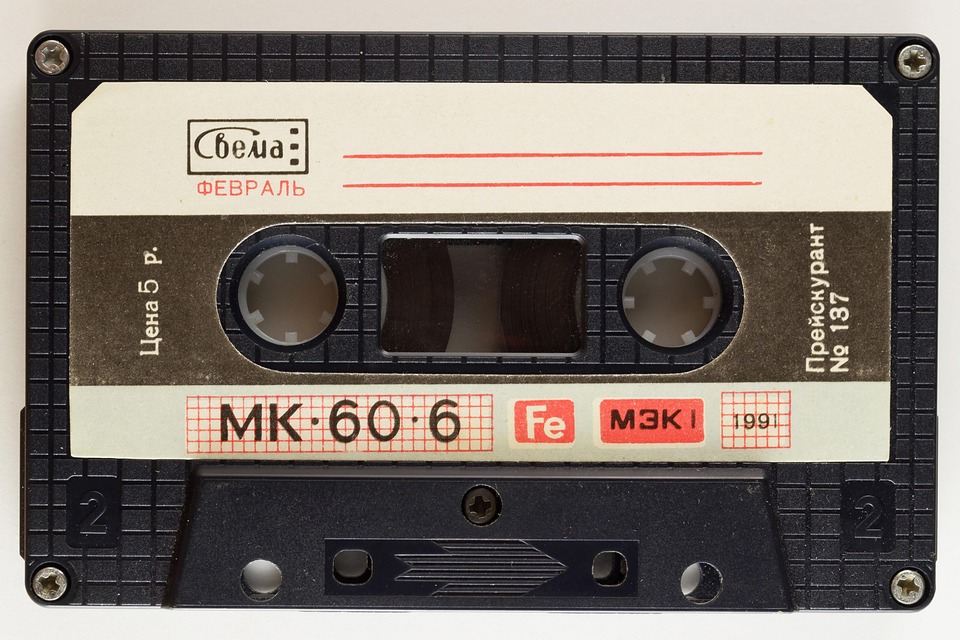In the world of music production and distribution, choosing the right platform can be crucial for success. This article provides a detailed comparison of two leading platforms, Airbit and Beatstars, focusing on their features, pricing, and overall usability in 2019.
Overview of Airbit
Airbit is a well-known platform for music producers that allows them to sell beats and instrumentals directly to artists. Launched in 2015, Airbit has gained traction due to its user-friendly interface and robust features tailored for producers. The platform emphasizes ease of use, making it straightforward for users to upload, manage, and sell their music. Airbit also provides various promotional tools to help producers reach a wider audience.
In 2019, Airbit continued to enhance its platform with new features, including customizable storefronts, social media integration, and advanced analytics. These tools are designed to empower producers by giving them insights into their sales performance and audience engagement. With a focus on community, Airbit offers a platform where music creators can connect, collaborate, and thrive.
Overview of Beatstars
Beatstars is another prominent platform that specializes in the buying and selling of beats. Established in 2008, it has evolved into a comprehensive marketplace for music creators. Beatstars caters not just to producers but also to artists looking for high-quality beats. One of the platform’s standout features is its vast library of music, which attracts users from various genres and backgrounds.
Comparative Features
When comparing Airbit and Beatstars, it’s essential to evaluate their features side by side. Both platforms offer tools for uploading beats, managing sales, and promoting music. However, there are some key differences that may influence a user’s choice.
Airbit’s standout feature is its customizable storefronts, which allow producers to create a branded experience for their customers. Additionally, Airbit offers a straightforward licensing system, making it easy for users to understand how they can monetize their music. On the other hand, Beatstars provides an extensive marketplace with a diverse range of beats, making it a go-to platform for artists seeking variety.
Pricing Structure
Pricing is a crucial factor when choosing between Airbit and Beatstars. In 2019, Airbit offered a tiered pricing model that includes a free version with limited features and paid plans that unlock additional functionality. The paid plans typically range from $10 to $20 per month, depending on the features required. This flexibility allows new producers to start with a free account and upgrade as their needs grow.
Beatstars also employs a tiered pricing model but with a slightly different approach. They offer a free basic plan and several paid plans that can go up to $30 per month for premium features. While both platforms provide free options, the value derived from each paid plan may vary based on individual user needs and goals. Understanding the pricing structures is essential for producers to make an informed decision.
Licensing and Revenue Sharing
Licensing is a vital aspect of selling music, and both Airbit and Beatstars have their unique approaches. Airbit simplifies the licensing process by offering clear options for exclusive and non-exclusive rights. Producers can easily set their terms, making it transparent for buyers. This straightforward approach can be advantageous for new producers who may be unfamiliar with complex licensing agreements.
On the contrary, Beatstars provides a more intricate licensing system, allowing producers to create custom licenses tailored to their needs. While this flexibility can be beneficial, it may also be overwhelming for newcomers. Additionally, Beatstars takes a percentage of the revenue from sales, which can vary based on the subscription plan. Understanding these nuances is essential for producers looking to maximize their earnings.
Community and Networking Opportunities
Both platforms foster a sense of community among music creators, but they approach it differently. Airbit places a strong emphasis on community engagement through forums and social media integration. This allows producers to connect with one another, share insights, and collaborate on projects. The community aspect is vital for those who thrive on networking and building relationships within the music industry.
Beatstars also encourages community building, offering forums, contests, and events to help producers and artists connect. The platform’s extensive user base provides ample networking opportunities, making it easier for artists to find producers and vice versa. This focus on community can significantly enhance a user’s experience and open doors to new collaborations and opportunities in the music industry.
Analytics and Insights
Understanding how music performs in the marketplace is crucial for producers. Airbit offers basic analytics that allow users to track their sales and audience engagement. This information can help producers make informed decisions about their marketing strategies and pricing. The analytics dashboard is user-friendly, making it accessible for those who may not have extensive technical knowledge.
Beatstars takes analytics a step further with its Beatstars Pro feature, which provides advanced insights into sales performance, traffic sources, and audience demographics. This level of detail can be invaluable for producers looking to optimize their sales strategies. However, the complexity of the analytics may be daunting for some users. Ultimately, the choice between Airbit and Beatstars may depend on how much emphasis a producer places on data-driven decision-making.
Marketing Tools
Effective marketing is essential for music producers looking to reach a larger audience. Airbit offers various marketing tools, including social media integration, email marketing features, and promotional campaigns. These tools are designed to help producers promote their beats effectively and drive traffic to their storefronts.
Beatstars also provides a suite of marketing tools, including social sharing options, embed codes for websites, and promotional campaigns. Additionally, Beatstars has a more extensive community presence, which can amplify marketing efforts through word-of-mouth and collaborations. The choice of platform may depend on a producer’s marketing experience and the specific tools they find most beneficial.
Customer Support
When it comes to customer support, both Airbit and Beatstars have made strides in providing assistance to their users. Airbit offers a support center with FAQs, video tutorials, and a ticketing system for users who need personalized help. This comprehensive approach ensures that producers can find the resources they need to navigate the platform effectively.
Beatstars also provides a support center with similar resources, but it has a reputation for quicker response times. Users often report positive experiences with Beatstars’ customer service, which can be a significant advantage for those who may encounter issues while using the platform. Ultimately, reliable customer support can enhance the overall user experience, making it easier for producers to focus on their music.
Conclusion
In the battle of Airbit vs. Beatstars, the best choice ultimately depends on individual needs and preferences. Airbit shines in its user-friendly interface, customizable storefronts, and straightforward licensing options, making it an excellent choice for newcomers and those who value simplicity.
On the other hand, Beatstars offers a more extensive marketplace, advanced analytics, and robust community features, appealing to those who want a more comprehensive music selling experience. As both platforms continue to evolve, staying informed about their features and benefits will help producers make the best decision for their music careers in 2019 and beyond.
FAQs
1. Can I use both Airbit and Beatstars at the same time?
Yes, many producers use multiple platforms to maximize their reach and sales. Using both can help you tap into different audiences and increase your chances of success.
2. Is there a free trial for either platform?
Both Airbit and Beatstars offer free plans, allowing users to explore their features without any financial commitment. However, these free plans come with limitations compared to the paid options.
3. How do I promote my beats effectively on these platforms?
Utilizing social media, engaging with the community, and leveraging the marketing tools provided by each platform can significantly enhance your promotional efforts and visibility.
4. Are there any hidden fees when selling music on Airbit or Beatstars?
Both platforms have transparent pricing structures, but it’s essential to review their terms regarding revenue sharing and transaction fees to understand potential costs.
5. Which platform is better for beginners?
Airbit may be more suitable for beginners due to its user-friendly interface and straightforward licensing system, while Beatstars offers more advanced features that may be beneficial as users become more experienced.

